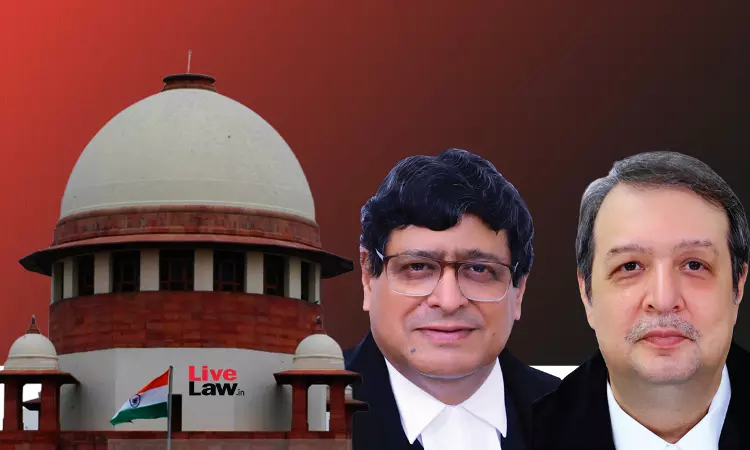In a recent case, the Supreme Court held that the suggestion made by the defence counsel to a witness in the cross-examination, if found to be incriminating, would definitely bind the accused. And, the accused can’t get away stating that his counsel had no implied authority to make suggestions in the nature of admissions against his client.This pertinent aspect in Trial was explained by a...

